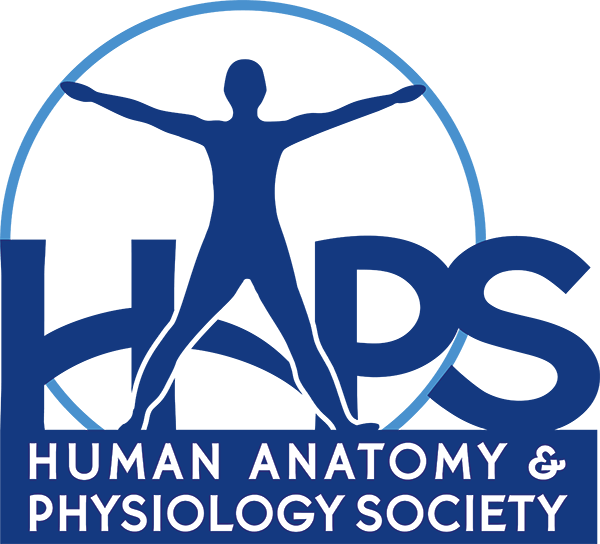
In Parts 1 and 2 of this blog series, we identified that Anatomy & Physiology students are having difficulty with reading comprehension. More specifically, their struggles are not limited to understanding specific content; rather, they are struggling with general vocabulary comprehension.
(To view Part 1 &/or Part 2 of this series, Click the Link(s):
“Do Our A&P Students Know How to Read
-PART 1 -PART 2
For her Southern Scholars senior research project, Molly Theus, first year Doctor of Veterinary Medicine student at the University of Georgia in Athens, attempted to seek insight into this problem by asking four questions:
- Does a positive correlation exist between cumulative GPA and vocabulary comprehension?
- Does a positive correlation exist between time spent reading for pleasure and vocabulary comprehension?
- Does a positive correlation exist between being read to as a child and vocabulary comprehension?
- Is there a link between a student’s major and vocabulary comprehension?
Molly chose six classes as candidates for investigation: General Biology II, Principles of Biology, Anatomy and Physiology II, Cell and Molecular Biology, Studies in Daniel, and Pathophysiology (Table 1). These classes were chosen to include one lower (n=42) and one upper division (n=31) biology-major class, one lower (n=43) and one upper division (n=32) nursing class, and one lower (n=27) and one upper division (n=20) general education class (total n=195). To assess personal reading habits and history, a questionnaire was distributed to all students in the six selected classes. To assess vocabulary comprehension, a twenty-question multiple choice vocabulary quiz was also distributed. In order to assure anonymity, informed consent and student information forms were assigned a unique three number code corresponding to each questionnaire.
Participants were given a two-week period of time in which to complete the questionnaires. Once the packets were collected, each informed consent document containing student names was separated from the rest of the forms so that quiz scores were kept anonymous. The names were needed to compile average GPAs and class-standing information for each participant. GPA and class-standing was then matched to quiz scores using the unique numerical codes. We made use of an ANCOVA linear model to analyze our data. The number of questions missed on the vocabulary assessment was the dependent variable and the independent variables are listed in Table 2. University GPA was rank-transformed to meet parametric assumptions. Analysis was performed using R version 3.3.0.
The preliminary result yielded three key results:
KEY RESULT 1: Students’ reading for pleasure had no statistical significance for predicting higher scores on the vocabulary quiz (Table 2). This was contrary to what we had hypothesized based on the literature.
KEY RESULT 2: In our model, the amount of time parents spent reading to their child was a statistically significant predictor of scores on the vocabulary comprehension quiz. This relationship was consistent even when controlling for university GPA (F(3, 183) = 4.80, p = 0.003; Figure 1).
KEY RESULT 3: A higher cumulative university GPA was also a significant predictor for improved quiz scores (F(1, 183) = 20.39, p = <0.001; Figure 2).
Molly and I were surprised that reading for pleasure was not a statistically significant indicator of vocabulary comprehension. Molly suggests several possible interpretations:
- Students choose reading materiel at or below their reading level.
- If a student’s reading level is low, that might inhibit acquisition of non-content specific collegiate vocabulary.
- Self reporting is not a precise tool.
What can we do with this information?
- Early intervention seems to be key to the issue of vocabulary comprehension
- Collegiate students identified as struggling with non-content specific vocabulary comprehension need interventions as well. Possible interventions include encouraging them to read challenging books outside of class and providing mentor support.
- This is an interdisciplinary issue that needs to be addressed in every department.
The preliminary results are very interesting and both Molly and I are interested in collecting more data in the future by expanding the background questions asked and surveying both private and public institutions. If you are interested in helping us, contact me at vlee@southern.edu.

After a 14 year career in pharmaceutical research, I am now 8 years into my second career teaching biology in higher education. I have reached the conclusion that many students struggle in science due to lack of abstract reasoning skills, particularly math, and a low reading level (7th grade vs necessary 12 grade or above). At the technical college level, we realize, inherently, we inherit the struggles of students from prior education, such that many students must take remedial courses in the 3 R’s, but it is genuinely shocking the poor skills that many students, as high school graduates, bring with them to my classes.